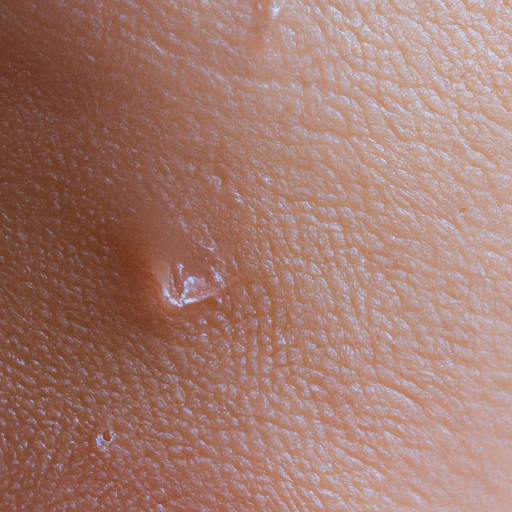As a medical professional, I have encountered countless patients who struggle with oily skin. This condition, while not necessarily harmful, can lead to discomfort, acne, and self-consciousness. While there are numerous commercial products available to combat oily skin, many of these can be harsh and may exacerbate the problem. Therefore, I am here to provide an ultimate guide to healing oily skin naturally, which is not only gentle on the skin but also cost-effective and environmentally friendly.
Firstly, it’s essential to understand what causes oily skin. Our skin produces natural oils to keep itself moisturized and healthy. However, when the sebaceous glands produce too much oil, it results in an oily complexion. This overproduction can be triggered by various factors such as hormonal changes, stress, diet, and even the weather.
One of the most effective natural remedies for oily skin is maintaining a healthy diet. Consuming foods rich in omega-3 fatty acids like fish, walnuts, and flaxseeds can help regulate oil production and reduce inflammation. Additionally, foods high in antioxidants such as berries, dark chocolate, and green tea can help protect your skin from damage and promote a healthy complexion.
Hydration is another crucial aspect of managing oily skin. Drinking plenty of water helps to flush out toxins from your body and maintain the balance of oils on your skin. Moreover, using a natural moisturizer like aloe vera can keep your skin hydrated without making it oily. Aloe vera has anti-inflammatory properties that can soothe and heal the skin.
Regular exfoliation is also beneficial for oily skin. It helps remove dead skin cells that can clog pores and increase oil production. However, it’s essential to exfoliate gently to avoid irritating the skin. Natural exfoliants like oatmeal or brown sugar mixed with honey can be very effective.
Another secret to managing oily skin is using natural astringents like witch hazel or rose water. These substances help tighten the pores and reduce oil production. They also have soothing and anti-inflammatory properties that can help calm the skin.
Essential oils can also be a powerful tool in your oily skin arsenal. Tea tree oil, for instance, has antibacterial properties that can help prevent acne, a common problem for people with oily skin. Lavender oil, on the other hand, can help soothe the skin and reduce inflammation.
Lastly, it’s important to remember that stress can trigger an overproduction of oil. Therefore, incorporating stress management techniques like yoga, meditation, or deep breathing exercises into your daily routine can help keep your skin healthy and balanced.
In conclusion, while oily skin can be challenging to manage, there are numerous natural remedies that can help. By maintaining a healthy diet, staying hydrated, exfoliating regularly, using natural astringents and essential oils, and managing stress, you can significantly improve your skin’s health and appearance. Remember, everyone’s skin is unique, so it may take some trial and error to find what works best for you. However, with patience and consistency, you can achieve a balanced and radiant complexion.



